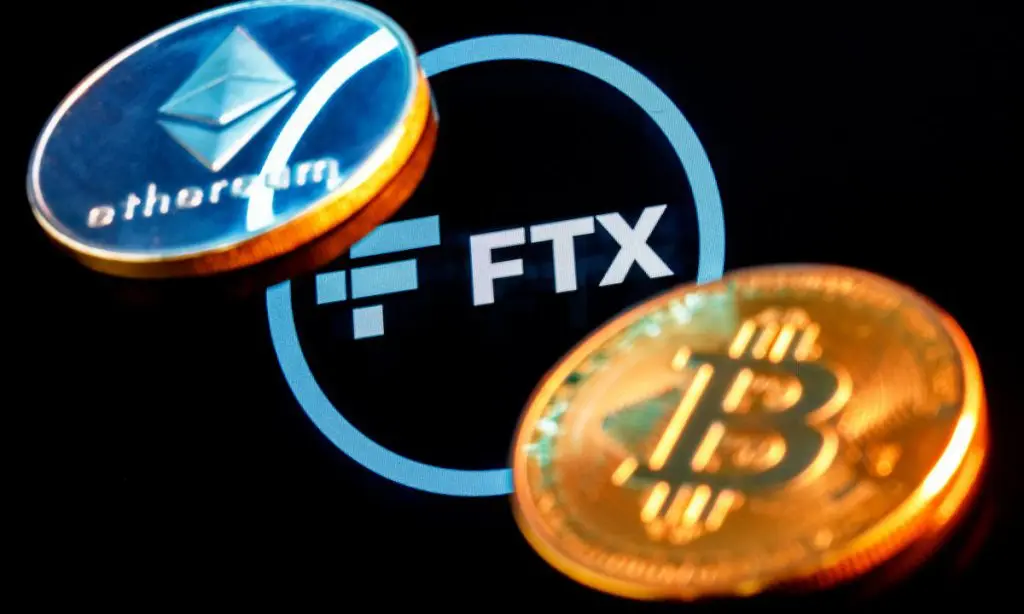
After FTX’s catastrophic failure, the cryptocurrency industry was in shambles. destroying not only a wide variety of systems but also the public’s conception of the market as a whole. Is Proof of Reserves, however, really the answer to restoring people’s faith in crypto?
The market could use more transparency, and with so many players focusing on proof of reserves, this could be it. No matter what the cause may be, restoring damaged relationships with former clients is no small task.

Proof of Reserves are a Hopeful Start
When it came to crypto trading, FTX was among the most trusted exchanges in the industry. That said, it suddenly went into a precipitous decline that seemed to happen overnight. It wasn’t just another bankrupt company; the potential loss to customers could be in the billions. It was a devastating blow to the faith people had in cryptocurrency.
The industry is trying to recover from the company’s demise, which is now in the past. As a result, many people beginning this journey have started with a Proof of Reserves. Platforms are getting more involved to boost their credibility and openness among users.

PoR, or Proof of Reserves, is an auditing practice that aims to reassure clients that their reserves are adequate. According to Blockworks’s definition, this is when “cryptographic proofs and public wallet address ownership verification in combination with periodic third-party audits to publicly attest that a centralized platform holds enough asset to match user deposits.”
PoR Alone is not enough
The law is a good starting point for assuring current and prospective buyers that their investments are safe. On the other hand, it’s not as transparent as non-custodial platforms, but it’s a good place to begin, especially at this time.
But PoR can still trick people into thinking they can trust them. Since the audits only show evidence of the platform’s assets and not its liabilities. So they can appear self-regulating on the outside while concealing their true risk profile.

Ledn, Kraken, Crypto.com, and Binance are just some of the exchanges that have implemented Proof-of-Residence (PoR) policies as a preventative measure in the wake of the FTX fallout. Additionally, it is hoped that self-regulation of the cryptocurrency market will be instrumental in bringing it out of the shadows cast by the FTX crash.
The implementation of Proof of Reserves is the first step toward restoring public confidence in cryptocurrencies. And it’s not the only solution either. Customers’ reluctance is understandable in light of the damage done by the FTX scandal. These efforts, however, will ultimately yield a more secure and reliable ecosystem.
Disclaimer: This isn’t financial advice; it’s just for education. Crypted Crypto can’t guarantee its accuracy. Every investment and trade carries some risk, so always do your own research. Invest only what you can afford to lose.
READ ALSO:
Leave a Reply